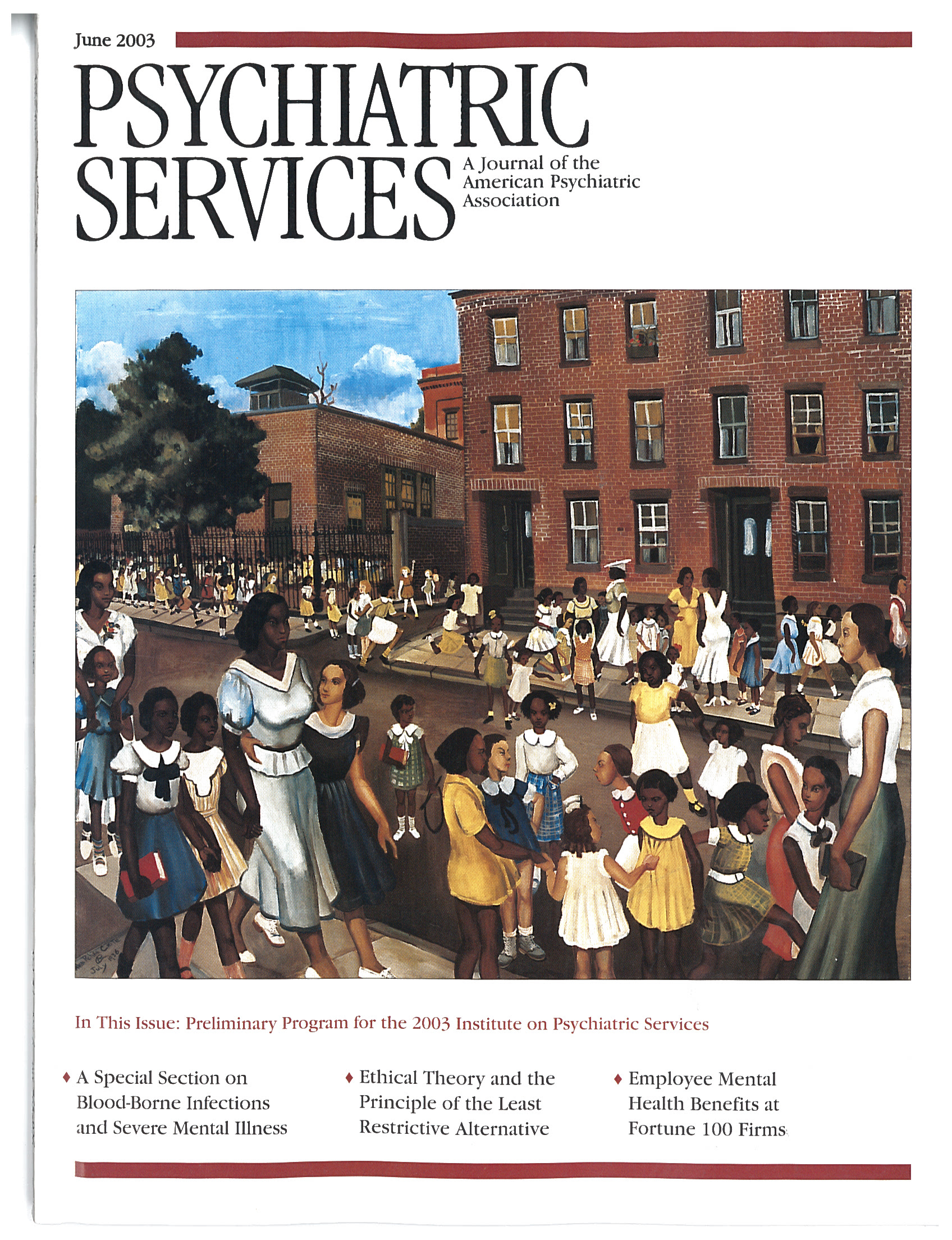When the first edition of Thomas Grisso's Evaluating Competencies: Forensic Assessments and Instruments was published in 1986, the field of forensic psychology and psychiatry had a different landscape. Many traditional forensic mental health evaluations of that era included a review of records, an unstructured clinical interview, and individual personality and intelligence tests, such as the Minnesota Multiphasic Personality Inventory (MMPI), Rorschach testing, and the Wechsler intelligence scales. From these broad sources of information, forensic evaluators gave opinions about various criminal and civil psycholegal questions: Was the defendant competent to stand trial? Was the defendant insane or suffering from diminished mental capacity at the time of the offense? What was the litigant's competency to parent? Forensic experts typically rendered these opinions on the basis of their rough ideas of what issues were involved— "informed speculation," as Grisso termed it in the first edition of Evaluating Competencies.
In the first edition, Grisso presented and organized principles for forensic mental health evaluations, principles that have guided the field since that time. He recommended that forensic mental health evaluations be based on a careful analysis of the psycholegal issues involved in each legal proceeding and that empirically based forensic assessment instruments be developed to evaluate specific competencies and functional capacities. In a thoughtful analysis, Grisso articulated six components of legal competencies: functional, contextual, causal, interactive, judgmental, and dispositional. No one had previously described the components of each legal competency. Moreover, no one had proposed the idea—novel at the time, but in retrospect reasonable—that some situations demand higher levels of competency than others, depending on the complexity of the individual's legal situation.
Grisso's second major contribution to the first edition of Evaluating Competencies was organizing the forensic assessment instruments—a term he coined—that are used in six major forensic competence evaluation areas: competency to stand trial, waiver of rights to silence and legal counsel, absence of guilt by reason of insanity, parenting capacity (determination of child custody), guardianship and conservatorship, and competency to consent to treatment. (The exception here, which Grisso himself noted, is insanity, which cannot be viewed as a competency issue.) The instruments he reviewed in these areas were a combination of those that had been developed for general purposes and that had applicability in forensic evaluations, such as many of the instruments used to assess parent-child relationships and the relatively few instruments that had been specifically developed to address forensic questions, such as the competence-to-stand-trial instruments developed by the Harvard Laboratory of Community Psychiatry in the 1970s.
Now, 15 years later, Grisso has written the second edition, with the assistance of four other prominent forensic psychologists. The second edition of Evaluating Competencies reflects the changes in the field that have occurred during the past 15 years. Although the second edition reviews the same six forensic evaluation areas, many of the specific instruments reviewed are new. The past decade has seen the development of many forensic assessment instruments designed to address specific forensic questions—particularly parenting capacity and guardianship and conservatorship evaluation instruments. This edition reviews these new forensic assessment instruments and omits many of the older general instruments that were reviewed in the first edition. The presentation of the instrument reviews remains unchanged: description, conceptual basis, psychometric development, construct validation, predictive or classificatory utility, and potential for expressing person-environment congruency.
In the second edition of Evaluating Competencies, the six components of legal competencies have been collapsed into five, the contextual component having been folded into the functional component. Descriptions of the instruments that were included in the first edition and that are reviewed again in the second include much of Grisso's original text, even if technically these sections were written by one of the new authors, although the research has been brought up to date. In the introductory materials in each chapter, much of the text has been revised to reflect changes in the law or in psychological research and theory.
The first edition of this book was a classic, widely cited both for its analysis of forensic assessment instruments and for Grisso's integrative theory of forensic evaluation. With the second edition, Evaluating Competencies remains a classic. I expect that whenever a forensic psychologist or psychiatrist prepares for an advanced examination in this specialty, this book will—or should—be one of the first books reviewed.

